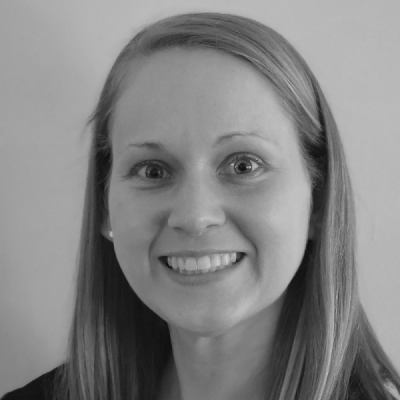Forge AHEAD Center Announces Fourth Cohort of Scholars Focused on HIV
The Forge AHEAD Center (FAC) is delighted to introduce the recipients of its pilot funding for the fourth cohort, with a specific focus on HIV prevention and management in the Deep South.
These four early-stage investigators were selected for their groundbreaking research aimed at addressing critical public health issues related to HIV.
Their work aligns perfectly with the Forge AHEAD Center’s mission of reducing health disparities and fostering healthier communities through innovative research endeavors.
Introducing the Fourth Cohort Scholars
We are honored to recognize the following outstanding researchers, whose projects all center around improving health outcomes for people living with HIV:

Kristen Allen-Watts, Ph.D.
Assistant professor at the University of Alabama at Birmingham
Project: “Peer MODELS: (Managing a Community-based HIV, Diabetes, and pain intervention that Encourages healthy Living and provides Support), for PWH and T2D in the setting of chronic pain”

Donny Gerke, Ph.D.
Assistant professor at the University of Alabama at Birmingham
Project: “Facilitated Stable Housing as a Strategy for Uptake and Sustainment of Evidence-Based HIV and Cardiometabolic Medicine in People with HIV”

Matt Gravett, M.D.
Assistant professor at the University of Alabama at Birmingham
Project: “Laying the Foundation for PrEP in Urgent Care Settings”

Rongbing Xie, DrPH
Assistant professor at the University of Alabama at Birmingham
Project: “Enhancing Recruitment and Retention for Black Females with HIV: Identifying Barriers, Facilitators, and the Role of Social Determinants for the Willingness to Participate in the HEALTH Study”
Empowering Scholarly Success
The Forge AHEAD Center is committed to fostering a supportive environment for our scholars. Each recipient will receive both strategic guidance and mentorship throughout their research journey. This comprehensive approach empowers them to translate their visions into impactful research that holds the potential to make a significant contribution to reducing HIV-related health disparities across the Deep South.
Investing in the Future of HIV/AIDS Health
By funding these groundbreaking projects, the Forge AHEAD Center demonstrates its unwavering dedication to advancing health equity and improving the well-being of individuals living with HIV across the South. We are confident that the work of our fourth cohort will have a lasting positive impact on our communities.
Stay Connected!
For more details about the scholars and their research endeavors, please visit this page. We are actively seeking talented investigators for upcoming funding cycles. Early-stage investigators interested in applying for pilot awards are encouraged to visit our website for application guidelines and deadlines. The RFA for Cohort 5 is currently open, with Letters of Intent due on June 25, 2024.







